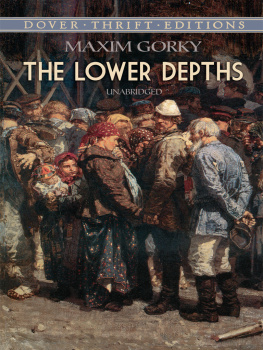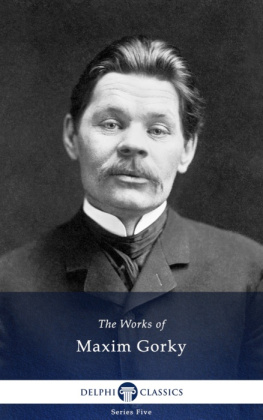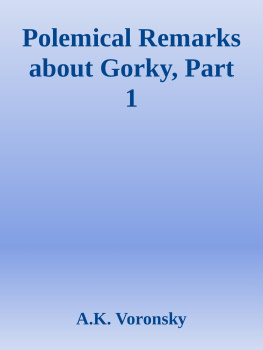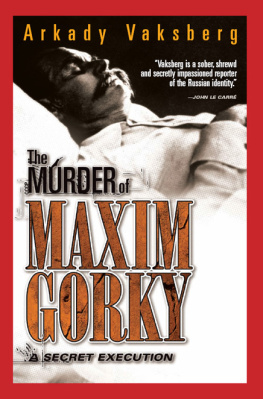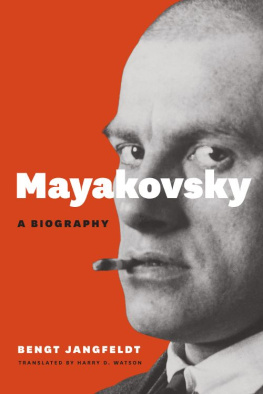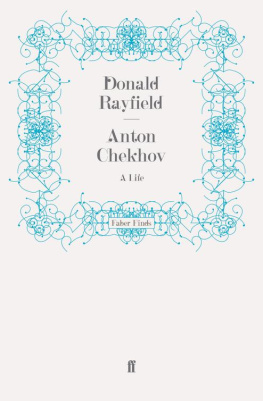DOVER THRIFT EDITIONS
The Lower Depths
MAXIM GORKY
TRANSLATED BY
JENNIE COVAN

DOVER PUBLICATIONS, INC.
Mineola, New York
DOVER THRIFT EDITIONS
GENERAL EDITOR: PAUL NEGRI
EDITOR OF THIS VOLUME: JULIE NORD
Copyright
Copyright 2000 by Dover Publications, Inc.
All rights reserved.
Theatrical Rights
This Dover Thrift Edition may be used in its entirety, in adaptation, or in any other way for theatrical productions, professional and amateur, in the United States, without fee, permission, or acknowledgment. (This may not apply outside of the United States, as copyright conditions may vary.)
Bibliographical Note
This Dover edition, first published in 2000, and reissued in 2016, is an unabridged republication of the Jennie Covan translation of Maxim Gorkys The Lower Depths, first published in 1923 by Brentanos Publishers, New York. A new introductory Note has been specially prepared for this edition.
Library of Congress Cataloging-in-Publication Data
Gorky, Maksim, 1868-1936
[Na dne. English]
The lower depths / Maxim Gorky ; translated by Jennie Covan.
p. cm. (Dover thrift editions)
Originally published: New York : Brentanos, 1923.
eISBN-13: 978-0-486-15925-6
I. Covan, Jenny.II. Title.III. Series.
PG3463.N2 C6 2000
891.723dc21
99-054723
Manufactured in the United States by RR Donnelley
41115X02 2016
www.doverpublications.com
Note
MAXIM GORKY was born Alexey Maximovich Peshkov in 1868 in Nizhni-Novgorod. At the age of 24, upon the publication of his first story, he adopted the name Gorky, which means bitter (his hometown later adopted it as well, in his honor). His early life explains his choice: When Gorky was just five his father died and he was sent to live with his maternal grandparents. His grandmother was kind and jovial, but his grandfather was a harsh, often brutal man at the low point in his own fortunes and therefore at his angriest while Gorky lived with him. The boys own parents had never hit him, but the first beating he received from his grandfather left him unconscious, and then bed-ridden for weeks. Thereafter, beatings and displays of egregious cruelty were commonplace in his life, as they were for his grandmother, his aunts, his cousinsnearly everyone he knew. His male relatives were usually the perpetrators, and often they were violent amongst themselves as well. And so he was plunged into a world of desperation and pain in which the strong compulsively brutalized the weak and the weak simply clung to their lives by any sad means they knew.
Gorky attended school briefly, but preferred to spend his time on the streets with his friends. By the age of eleven, he was already an experienced thief. His grandfather, now thoroughly destitute, sent Gorky out to work and from then on the boy was to move from job to joberrand boy, dish washer, printers devilexperiencing what clearly seemed every form of confinement, exploitation, and degradation imaginable. He was frequently beaten, underfed, ill clothed. The ordeal very nearly finished him, yet along the way he was learning more and more about the characters and the predicaments that would make his writings so powerful and ground-breaking. He was also discovering the world of books, which became his great passion: Like some wondrous birds out of fairy tales, books sang their songs to me and spoke to me as though communing with one languishing in prison.... Each book was a rung in my ascent from the brutish to the human, towards an understanding of a better life and a thirst after that life. Still, a life of unremitting misery stretched before him and there were no easy ways out. When he was nineteen his despair drove him to an unsuccessful suicide attempt, which left a bullet in his lung that eventually hastened his 1936 death by tuberculosis.
Still, Gorky continued to read, study and write, and in 1892, having truly earned his pseudonym, he began to publish the stories, plays and journalism that were to turn him into the literary hero of his generation. His tales of hopeless lives and his jaded, world-weary characters were passionately embraced by his peers, people who had never before seen their existence validated in letters. Stefan Zweig wrote, The effect of Gorkys first works was indescribably portentous, like an upheaval, an alarm, a wrench, a breaking... a different Russia from that of the past had here spoken for the first time, [and] this voice came from the gigantic, anguished breast of a whole people.
Gorkys rise to literary fame became inextricably linked to the liberation of the Russian people from the imperial order. In time, his was the body of work that came to define Socialist Realism, while the role of father of Socialist Realism came to define Gorky in a way that was not always accurate or to his advantage. Although he was always committed to political struggle and revolutionary inclinations, and although he was a life-long friend of Lenins, he frequently attacked the party lineto Lenins great distress. In fact, Gorky often published his arguments against Lenins programs, so that in time, Lenin saw fit to shut down Gorkys newspaper and eventually all of his dissenting publications were expunged from official catalogues of his works.
The Lower Depths, written in 1902 and produced that same year at the Moscow Art Theatre under the direction of Stanislavsky, was an enormous and immediate success. Even before its premiere, the great dramatist Chekhov had written Gorky to say, I have read your play. It is new and unmistakably fine. The second act is... the best, the strongest, and when I was reading it... I almost danced with joy. It is reported that Gorky received 22 curtain calls at the opening, and the reviews were all praise.
Infinite pains were taken by both director and cast to render all the details of life At the Bottom (which is a more precise English equivalent of Gorkys title, Na dne) as realistically as possible, and to determine the manner in which Gorkys speeches should be delivered: Our natures were alien to Gorkys wide gestures, to his revelatory thoughts, to his sharp aphorisms, to his destructive flights, and to his peculiar pathos, Stanislavsky later wrote. One must be able to say Gorkys words so that the phrases live and resound. The instructive and propagandistic speeches of Gorky... must be pronounced simply and with sincere enthusiasm, without any false and highfalutin theatricality. Otherwise a serious play will become a mere melodrama. This realism was integral to the Moscow Art Theatres mission. Oliver M. Sayler, editor of Moscow Art Theatre Plays (1923), wrote
In The Lower Depths more than in any other single play throughout its history, the Moscow Art Theatre... most emphatically justifies its artistic faith in spiritual or psychological realism as a dramatic means of expression.... Less than any play I know, is it possible to imagine its potential effect in the theatre from a reading of its printed lines.... The Lower Depths is not so much a matter of utterable line and recountable gesture as it is of the intangible flow of human souls in endlessly shifting contact with one another. Awkward but eloquent pauses and emphases, the scarcely perceptible stress or dulling of word or gesture, the nuances and the shadings of which life is mostly made and by which it reveals its meaningthese... are the incalculable and unrecorded channels through which The Lower Depths becomes articulate...
For decades, this drama was held up as an indictment of the tsarist regime and its immense popularity was partially due to that assessment of its intent. Later scholarship has pointed out, however, that nothing in the play itself supports this view, that the bleak situation of the plays characters is presented as resulting from their own failures or some malevolent trick of fate. Indeed, Gorkys most urgent concern seems to be, not whos to blame for the misery of the lost souls who inhabit Kostilyoffs night lodging (the plays setting), but whether and how any of them might find release.

